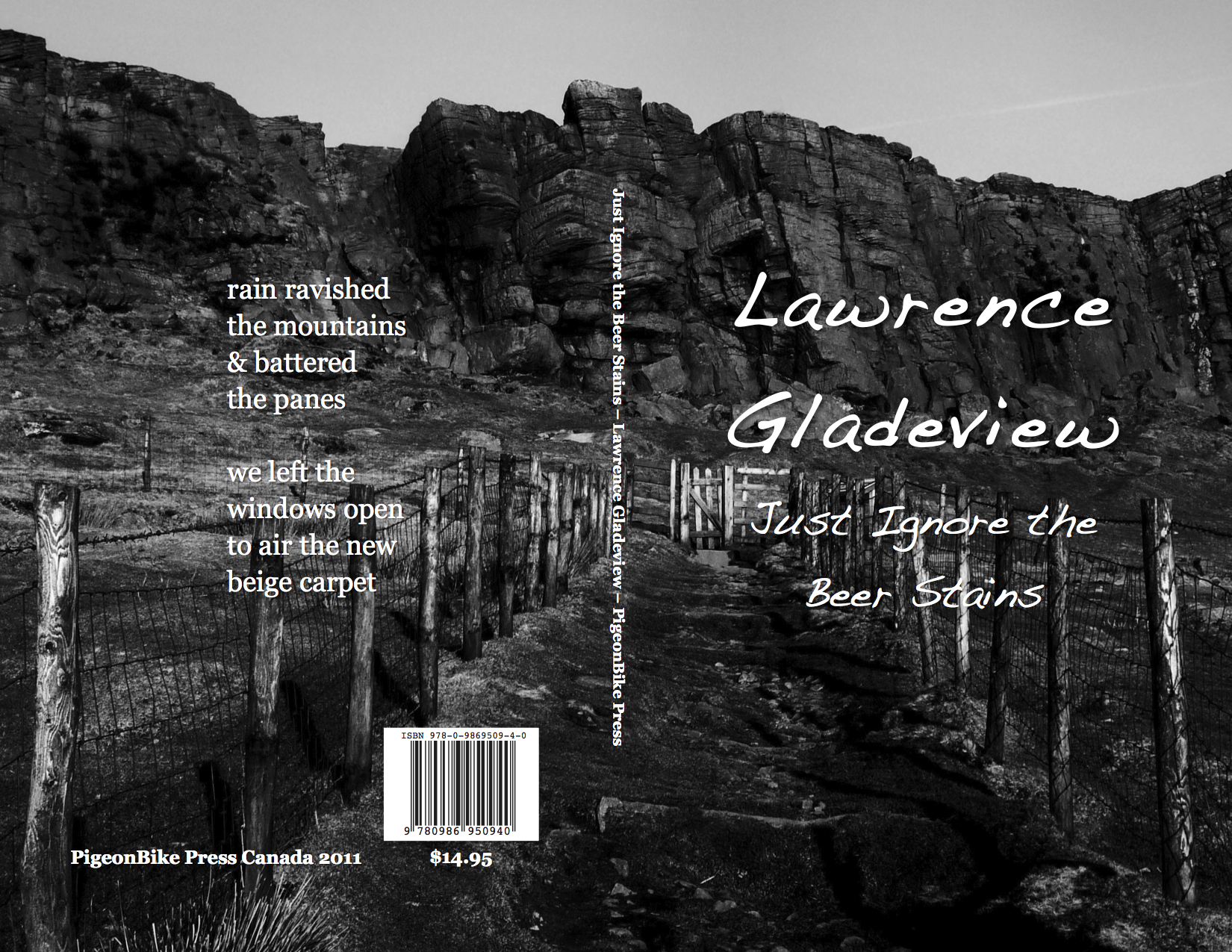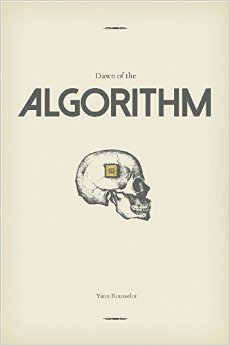Just Ignore the Beer Stains and Praying for a Spare by Lawrence Gladeview
– Reviewed by Tim Vallence –
What I was sent from Lawrence Gladeview was, literally, a very mixed bag indeed. In addition to Gladeview’s first book of poems, it included poems written on beer coasters, stickers from brewing companies, basketball cards, and a pamphlet of what seemed like newer poems. Surprisingly, there were also four pages ripped from Playboy – I think – and I am decidedly unsure why! Rather than try to make some sense of all this stuff, interesting though it may be, I think I should limit myself to the poems.
Many of the poems in Just Ignore the Beer Stains are a seeming dialogue between the speaker and his partner, or people he has met along the way. References to Pound, drinking as a ‘job’, and the vaguely obscene rest somewhat uneasily amidst poems of family violence and the vagaries of poetic inspiration.
Self-references arc throughout, sometimes explicitly so, but this jars little with the (uneven) energetic voice of the collection as a whole. The range is lightly controlled. ‘Sidetracked’ is a thigh massage gone right I suppose, in which all the speaker can think of is ‘composing a poem’ and finding that it ‘just moved’. This sort of stand-up comedy is also at work in ‘The Back Biz’, with its homoerotic tones of ‘assuming the position’ for the chiropractor, almost immediately lapsing into something the same for his female partner, an agile shift of perspective characteristic of many of these poems. ‘Chatting with Jesse’ is another poem of shifting perspectives; a drunken car crash that turns from visiting a lover to making sure what happened on the way home.
‘In the Family Room’ tells of family politics in which the only attention is one of barely subdued violence for a second or two, and other poems also speak of prickly family dynamics and the demeaning of the speaker into a ‘nancy boy’. The poetic voice here adopts a more serious tone, which could give some idea as to what the next collection might say.
Briefly, the poems in the pamphlet, ‘Praying for a Spare’, all in the same divided column form, are about bowling and the messages conveyed in these recreational spaces. The voice is a little monotonous compared with the larger collection, but the perspective is more clearly focussed on a smaller social dynamic. At times, I found myself agreeing with the sentiment of ‘Couples Night out at Jose Muldoon’s’:
You’re a real
wise ass Larry
& seldom think
before you speak.
Sometimes reading these poems I felt a little like this, but there is something here, the clear voice of a real bar stool raconteur, often drunk with the whiskey and the words, who just gets the job done and does so with a deft shrug of his minimalist shoulder. There is perhaps a little too much self-conscious poetics, but I was left with a sense of a poet with a real enjoyment of words, writing poems that lift off the page with a loud clear voice, so that I really did take pleasure in just ignoring the beer stains and listening to the story.




